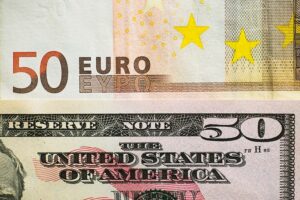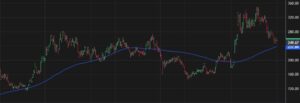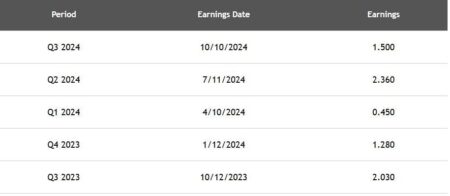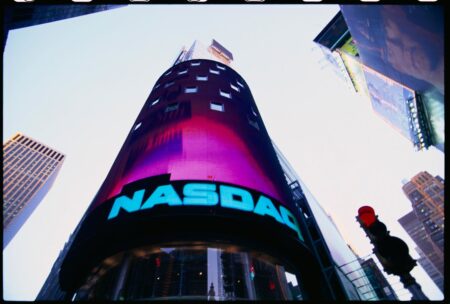Key News
Asian equities were largely lower on light volumes as the Philippines was closed for Rizal Day, which is a national holiday commemorating the life and works of Jose Rizal, a national hero of the Philippines.
Both Hong Kong and Mainland China bounced around the room on decent volumes considering the holiday season. One factor in the volumes was $947 million worth of net buying of Hong Kong-listed stocks and ETFs by Mainland investors via Southbound Stock Connect, accounting for a staggering 55% of total turnover. The cumulative net flow from Southbound Stock Connect is now $102 billion versus 2023’s total of only $40 billion.
However, several positive catalysts were ignored, indicating many investors have checked out until the new year:
- President Trump asked the Supreme Court to pause the TikTok case until he is in office to “pursue a “political resolution” to the issue”. Notice how little media coverage it is receiving? In addition to President Trump inviting President Xi to his inauguration and his removal of the outbound China investment ban, there are glaring indications of olive branches being extended. Nonetheless, all the attention seems to be on tariffs, tariffs, and tariffs.
- The governor of the People’s Bank of China (PBOC), China’s central bank, Pan Gongsheng stated that banks’ reserve requirement ratio (RRR) of 6.6% is high compared to international peers (0% in the US) providing “space” for further cuts to the ratio, which would provide more supply for lending.
- The PBOC’s 2024 Financial Stability Report was released. The report reiterated statements made following the Central Economic Work Conference (CEWC) and the Politburo on implementing a “moderately loose” monetary policy.Mainland China’s largest IPO took place today. The listing of Air China Cargo (001391 CH) gained +304% after raising RMB 3.5 billion, selling stock at an issue price of RMB 2.30 as the stock closed at RMB 9.30. Hong Kong, meanwhile, had three IPOs today in a positive sign of capital markets activity picking up.
- Hong Kong-listed electric vehicle (EV) names were off, despite the government announcing that no less than 30% of all government car purchases will be EVs, with a goal of 100%. Reports of Tesla launching the Cybertruck in China may have also been factor. There was also chatter that BYD price cuts could be a potential factor as well. The Mainland-listed CATL gained +1.75%.
Mainland-listed mega-cap banks, energy, and life insurance companies outperformed, while several ETFs favored by the “National Team” had high volumes. Mainland stockbroker stocks, which are favorites amongst retail investors, performed well today.
The Hang Seng Index closed above the 20,000 level, another indication of positive momentum.
The Hang Seng and Hang Seng Tech indexes fell -0.24% and -0.84%, respectively, on volume that decreased -7.85% from Friday, which is 97% of the 1-year average. 200 stocks advanced while 279 stocks declined. Main Board short turnover increased +0.77% from Friday, which is 80% of the 1-year average, as 13% of turnover was short turnover (Hong Kong short turnover includes ETF short volume, which is driven by market makers’ ETF hedging). The value factor and large caps gained more than the growth factor and small caps. The top-performing sectors were Health Care, which gained +0.88%, Industrials, which gained +0.45%, and Utilities, which gained +0.33%. Meanwhile, the worst-performing sectors were Consumer Discretionary, which fell -1.40%, Real Estate, which fell -1.19%, and Energy, which fell -0.26%. The top-performing subsectors were semiconductors and machinery. Meanwhile, autos, consumer services, and industry conglomerates were among the worst-performing. Southbound Stock Connect volumes were 1.5x pre-stimulus levels as Mainland investors bought a net $947 million worth of Hong Kong-listed stocks and ETFs, including Xiaomi and Semiconductor Manufacturing (SMIC), which were large net buys, UBtech Robotics, a moderate net buy, Weimob, and Smoore International. Tencent and Meituan were net sold.
Shanghai, Shenzhen, and the STAR Board diverged to close +0.21%, -0.32%, and +0.20% on volume that decreased -10.93% from Friday, which is 121% of the 1-year average. 1,307 stocks advanced while 3,707 stocks declined. The value factor and large caps rose more than the growth factor and small caps. The top-performing sectors were Energy, which gained +1.34%, Financials, which gained +1.16%, and Industrials, which gained +0.67%. Meanwhile, the worst-performing sectors were Real Estate, which fell -1.23%, Utilities, which fell -0.68%, and Consumer Staples, which fell -0.49%. The top-performing subsectors were motorcycles, coal, and insurance. Meanwhile, forest industry, tourism, and daily chemicals were among the worst-performing subsectors. Northbound Stock Connect volumes were just above average. CNY was flat while the Asia Dollar Index both managed small gains versus the US dollar. Treasury bonds fell. Copper rose while steel fell.
New Content
Read our latest article:
Post-Election Recap: Trump’s Man in Beijing Discusses U.S.-China Relations
Please click here to read
Last Night’s Performance
Last Night’s Exchange Rates, Prices, & Yields
CNY per USD 7.30 versus 7.30 Friday
CNY per EUR 7.63 versus 7.61 Friday
Yield on 10-Year Government Bond 1.71% versus 1.69% Friday
Yield on 10-Year China Development Bank Bond 1.77% versus 1.77% Friday
Copper Price -0.24%
Steel Price 0.37%
Read the full article here
















